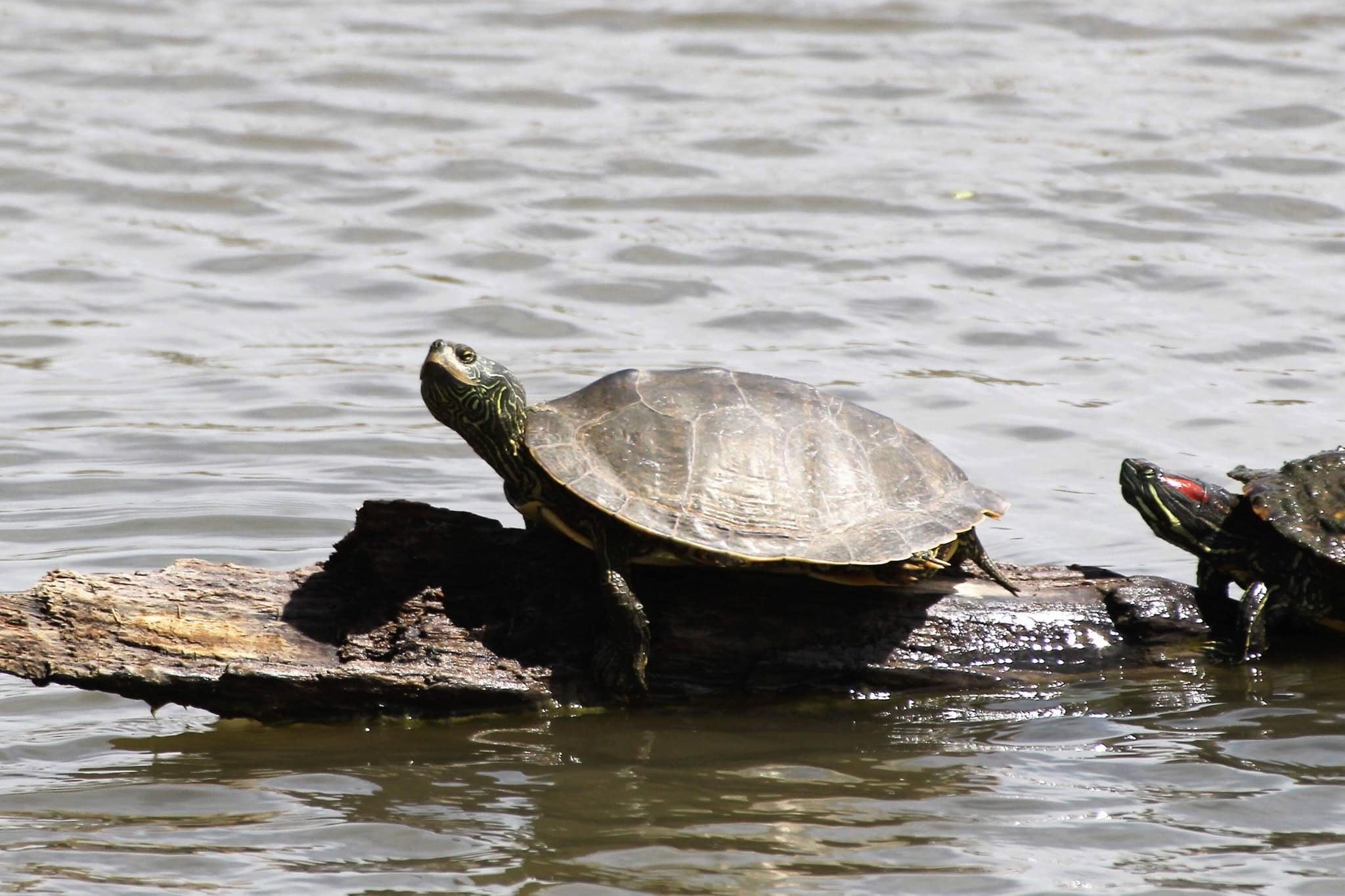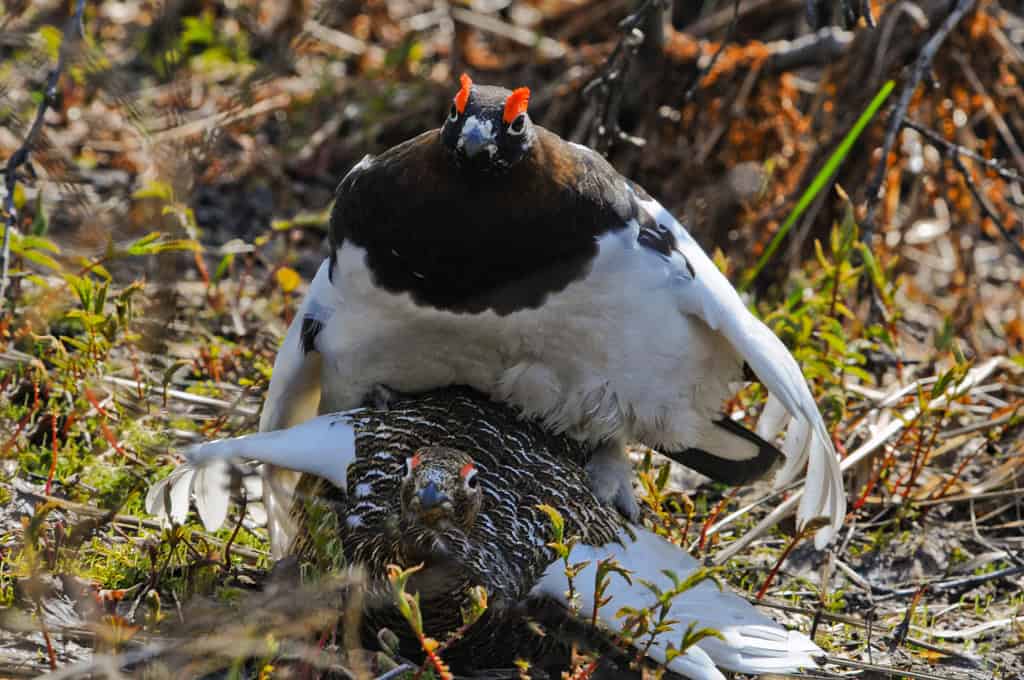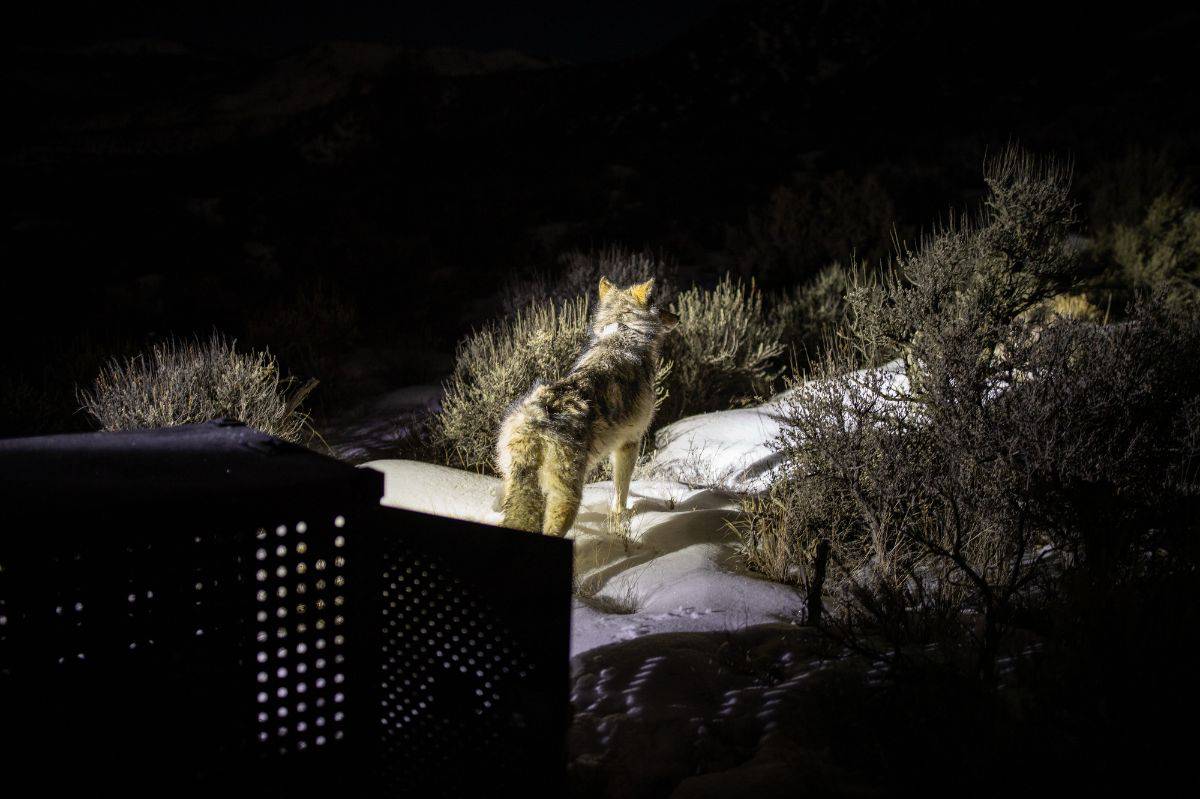Share this article
Large Herbivores at Risk of Extinction
When you think of valuable tangible goods, items such as gold come to mind, but there might be valuable items that you haven’t considered including rhinoceros horns and ivory tusks from elephants.
Scientists who recently published a study in Science Advances say rhinoceros horns, which are removed from poached animals and traded for exorbitant amounts of money, are more valuable by weight than gold or even cocaine. And poaching is one of a few major threats that are putting large herbivore species at risk of extinction, which can greatly impact the ecosystem.
As part of their study, researchers reviewed data from the International Union for the Conservation of Nature, which collects data on species around the world. They then created a global survey of large herbivores, which occur mostly in Africa and Southeast Asia, and analyzed the threats and conservation status for each species and summarized them. The study included all large herbivores that weighed over 100 kilograms, which totaled 74 herbivore species. They found 60 percent of the species studied are threatened with extinction.
“That was alarming in itself,” said William Ripple, the lead author of the study and a distinguished professor of ecology at Oregon State University, adding that the threatened species include tapers, wild pigs, rhinoceroses, gorillas, hippopotamuses, zebras and elephants. “We reviewed the literature and summarized the ecological effects of these large herbivores based on previous studies. That allowed us to summarize ecological consequences of the decline of large herbivores.”
The team then looked at what the main threats are to these species and found that poaching —including hunting for meat or for body parts —is a major threat, as well as livestock and habitat loss.
“Since there are multiple threats, it is a complex and difficult problem,” Ripple said. “For iconic species like elephants and rhinoceroses, the ivory from elephants and horns from rhinoceroses are in increasing demand, and this poaching is carried out by organized crime and sometimes terrorists because of the large sums of money that are involved.”
Further, the researchers found the decrease in these species of large herbivores will have a drastically negative effect on other animals as well as on ecosystems.
“When we lose large herbivores, what likely follows is the loss of carnivores and scavengers since they need large herbivores as prey,” Ripple said. He also said a lack of large herbivores will result in less seed dispersal. “Large herbivores eat large fruits that have seeds,” he said. “And when they consume those and then travel longer distances and defecate, they help regenerate forests. So, if large herbivores were to go extinct, forest regeneration would be impacted.”
And scientists are already seeing some of the ecological effects of declining herbivores, Ripple said. For example, large carnivores are being affected in some places because of lack of herbivore prey, and some studies are showing less forest regeneration after the loss of elephants, he said.
While it may seem bleak for large herbivores and our overall ecosystem, there are ways to stop these species’ declines, according to Ripple. “We want to raise awareness around the world,” he said. “But I think it’s going to take a major educational effort to inform people.”
Ripple said these species are facing multiple threats — poaching being just one of them. However, it is an important issue that must be addressed.
“We need to have a major increase in understanding this issue,” Ripple said. “There are a whole series of things that need to be done.”
Header Image:
Four elephants stand together in Botswana. In a recently published study, researchers found elephants are one of many large herbivore species that are at risk for extinction largely due to poaching.
Image Credit: Blaire Van Valkenburgh








